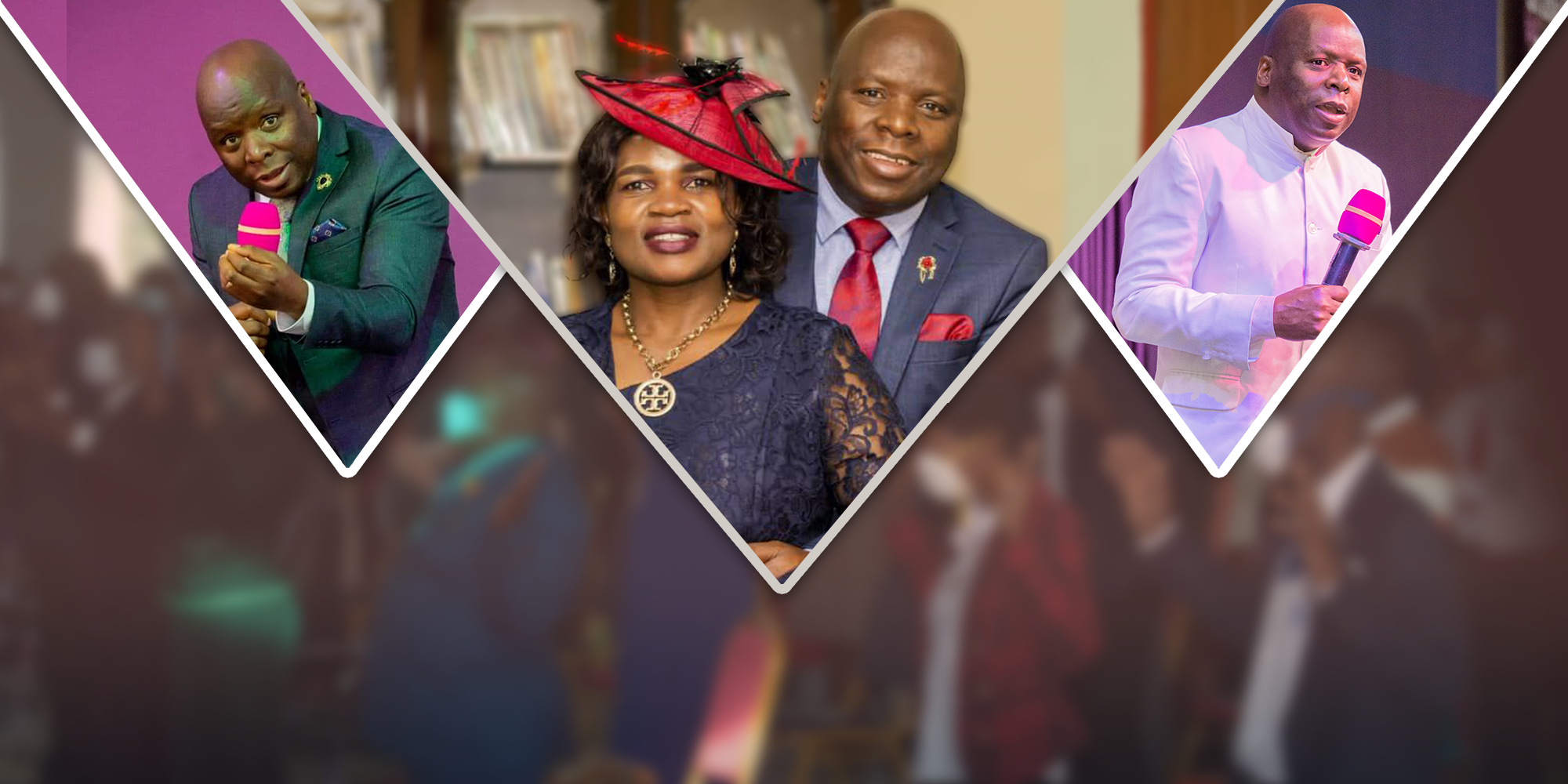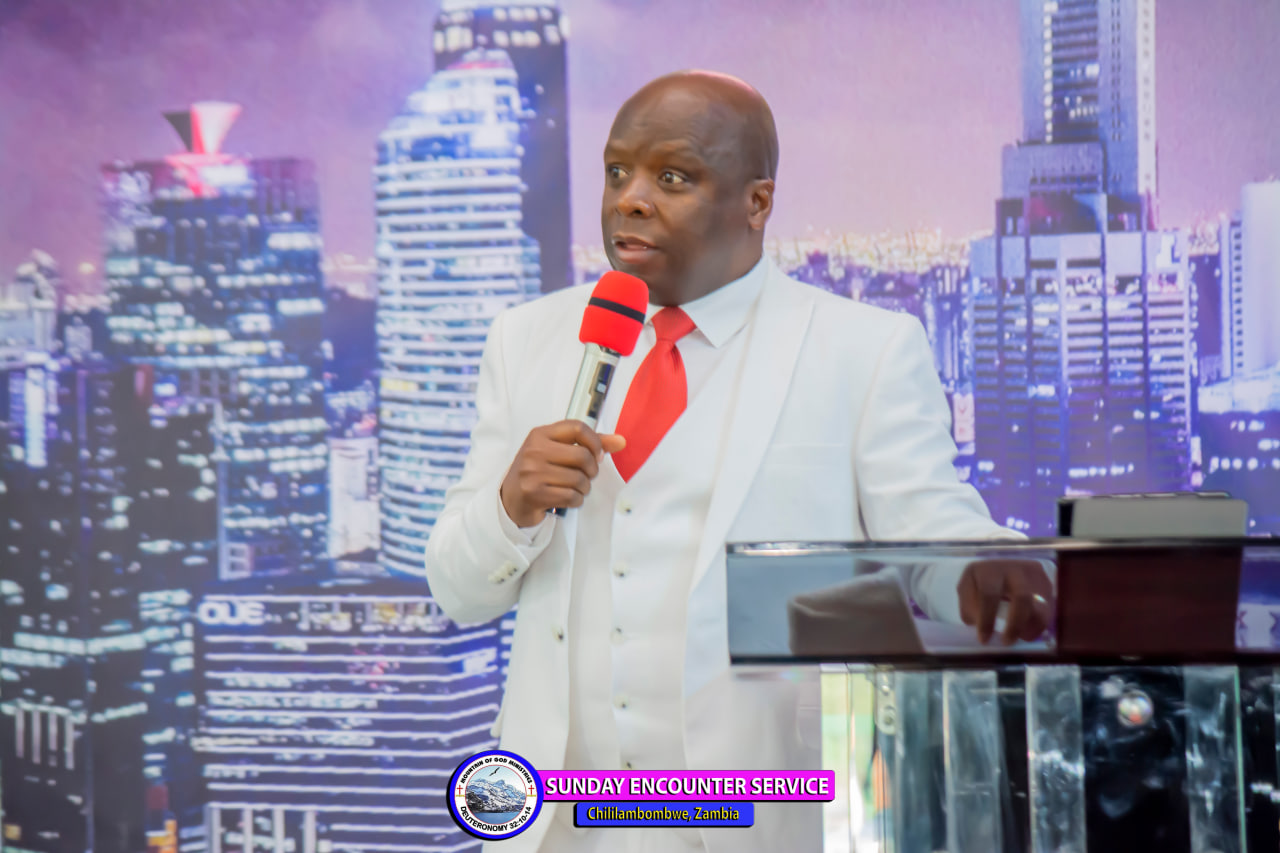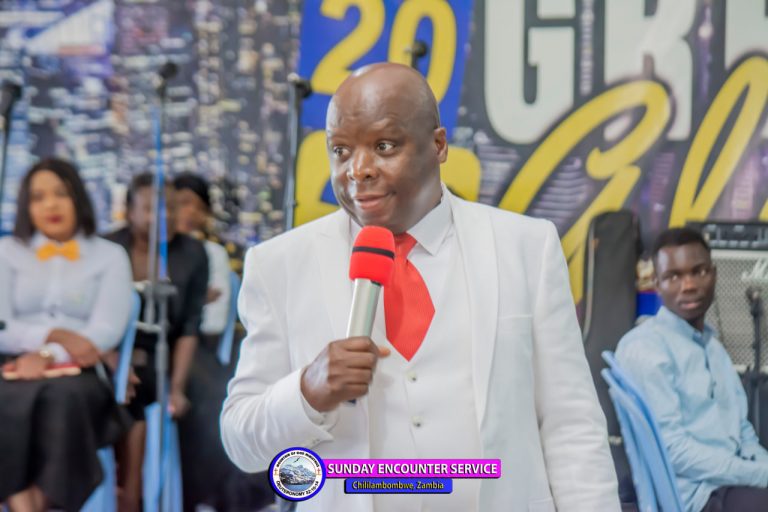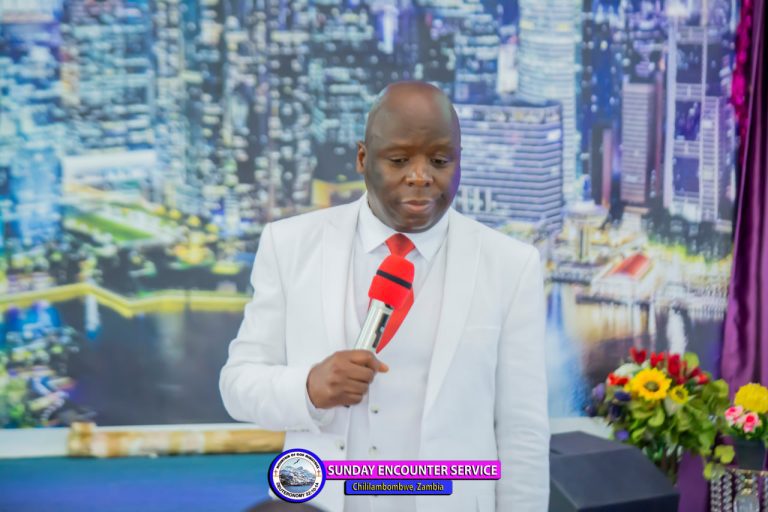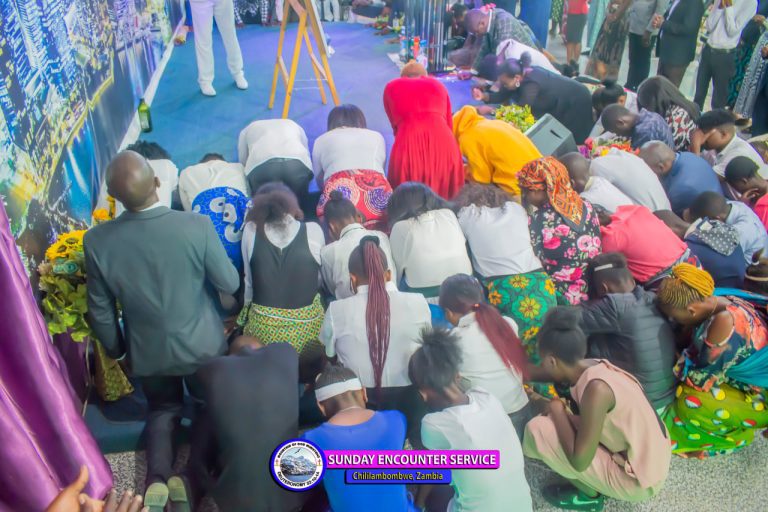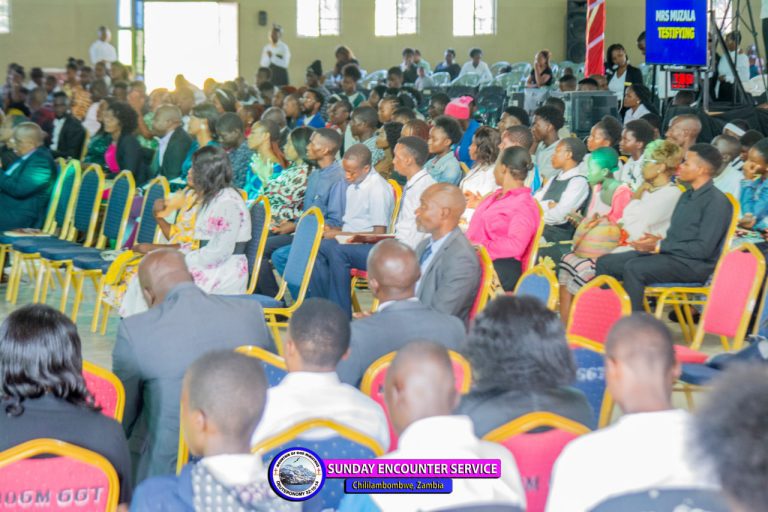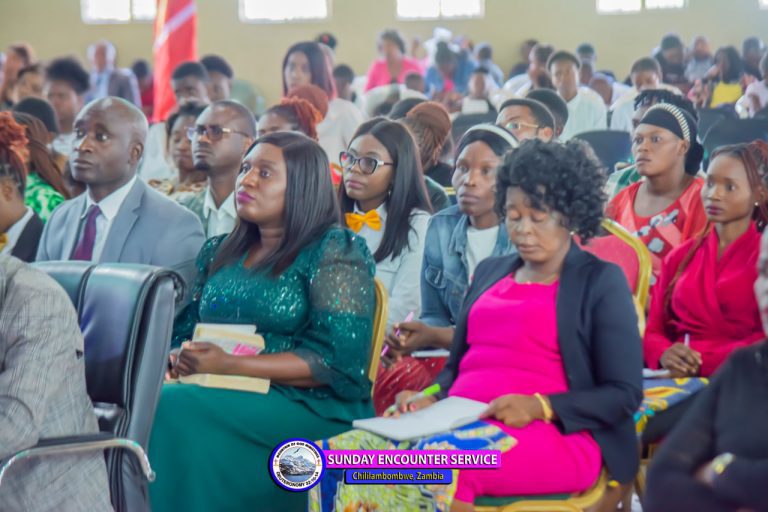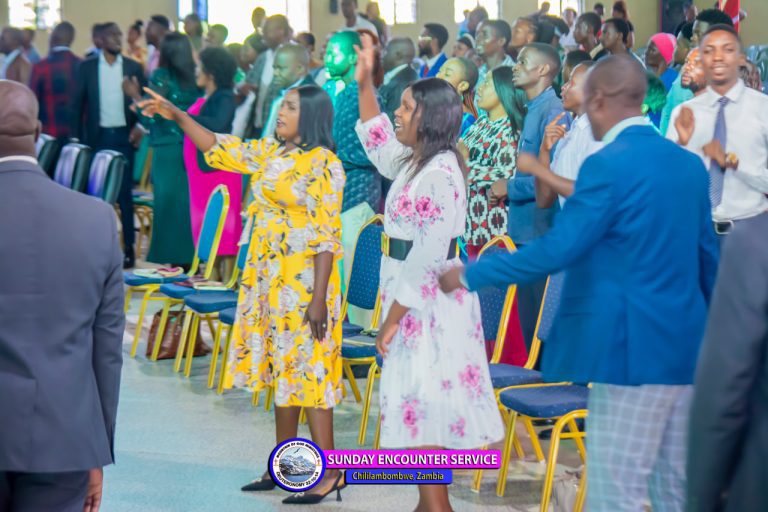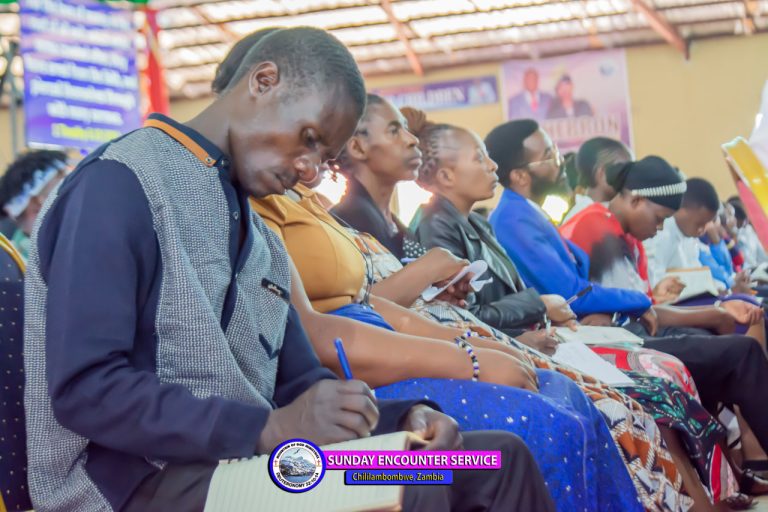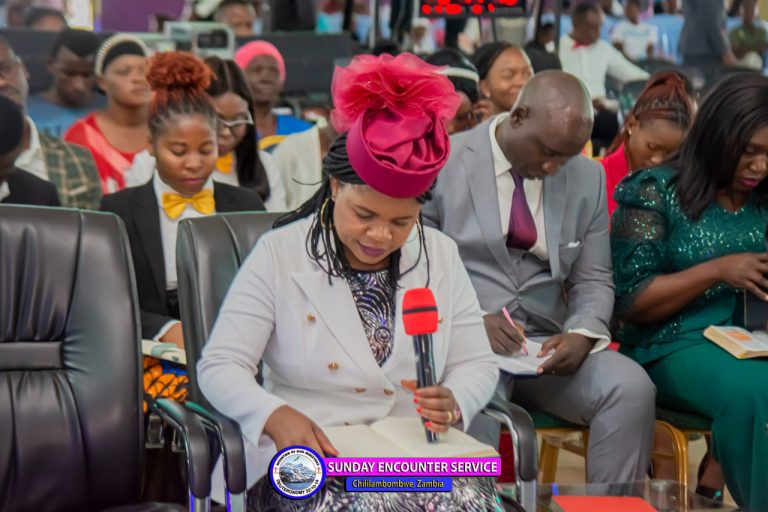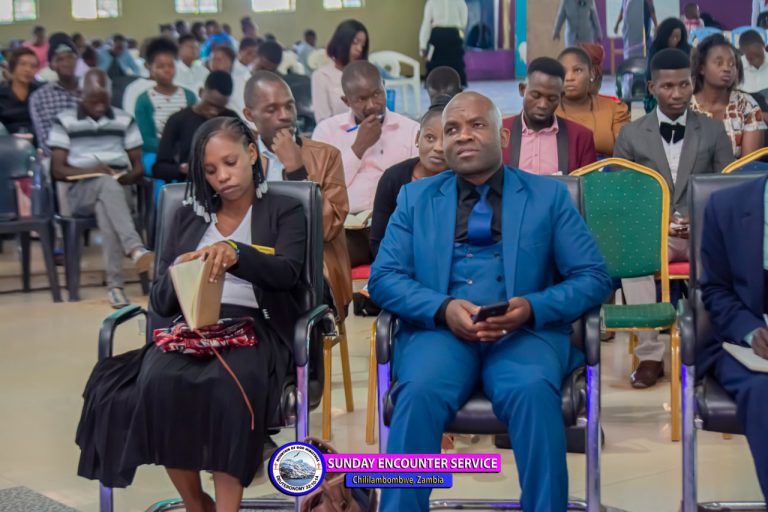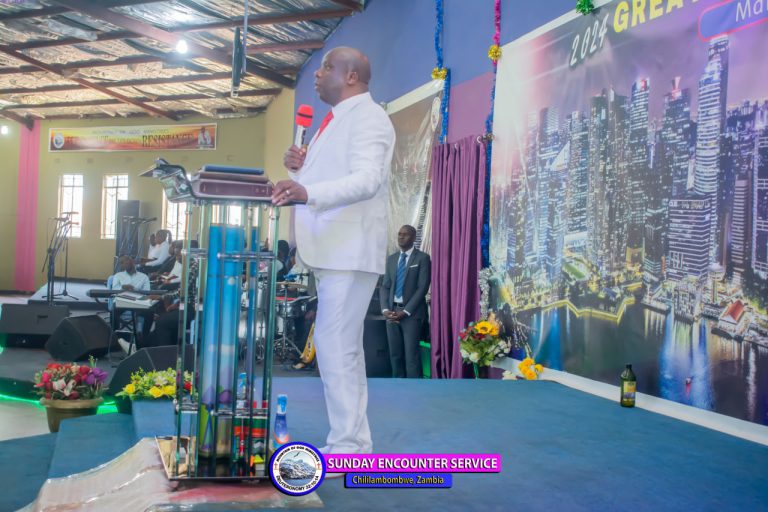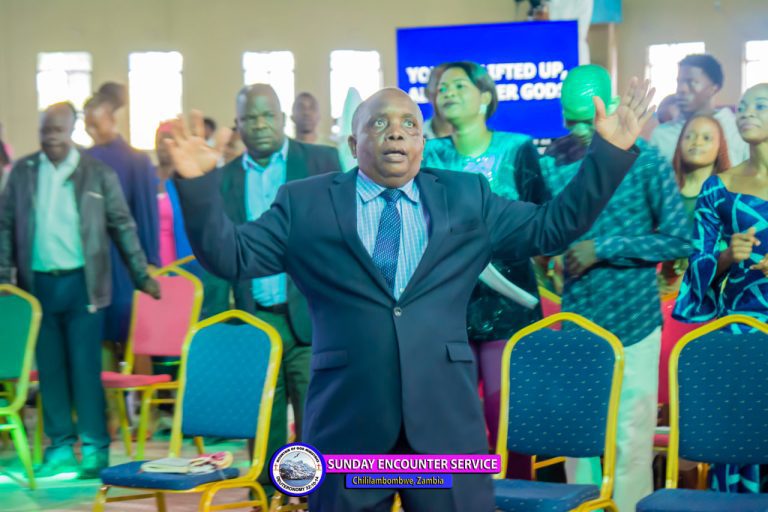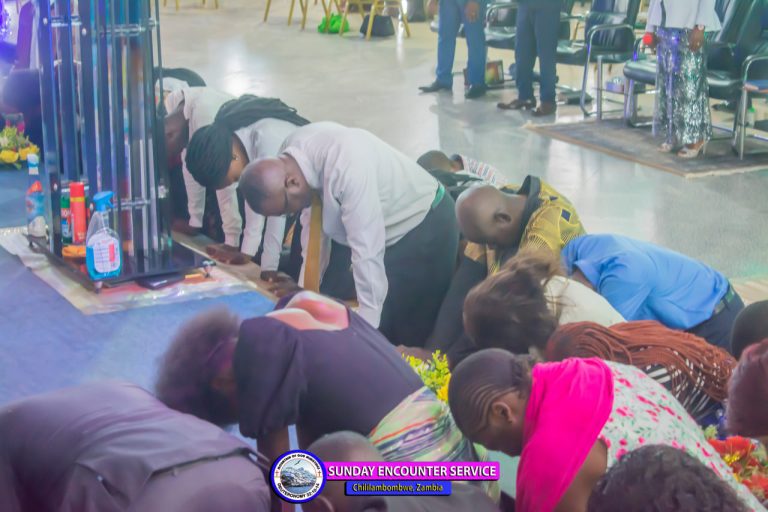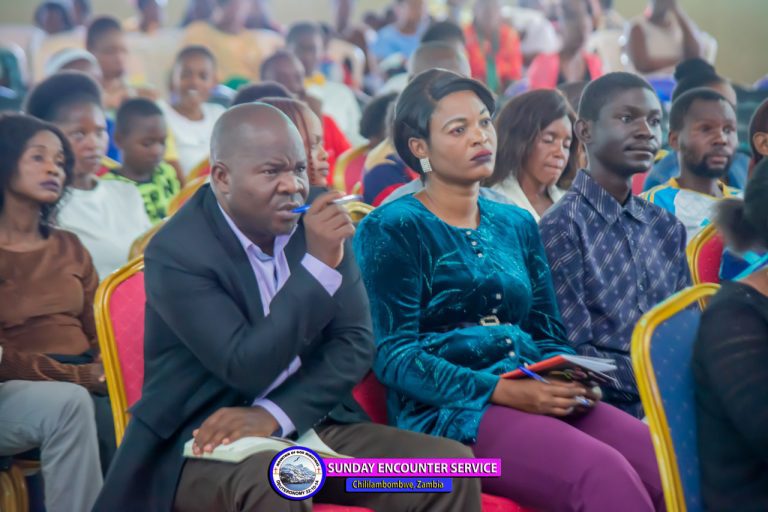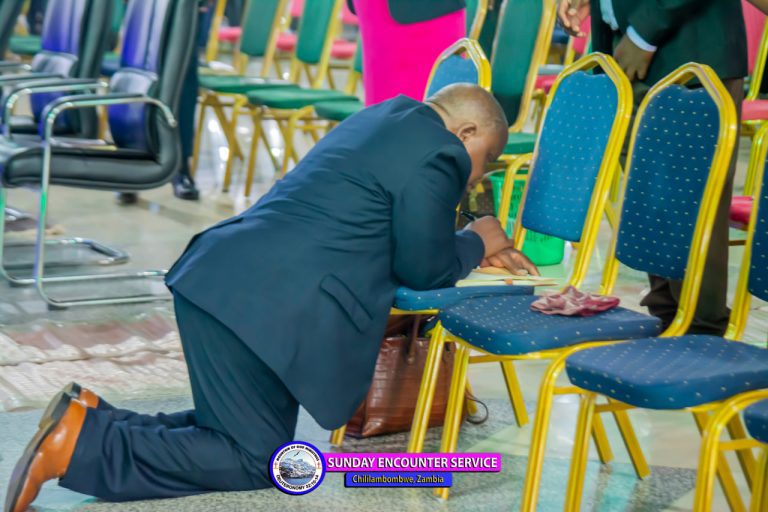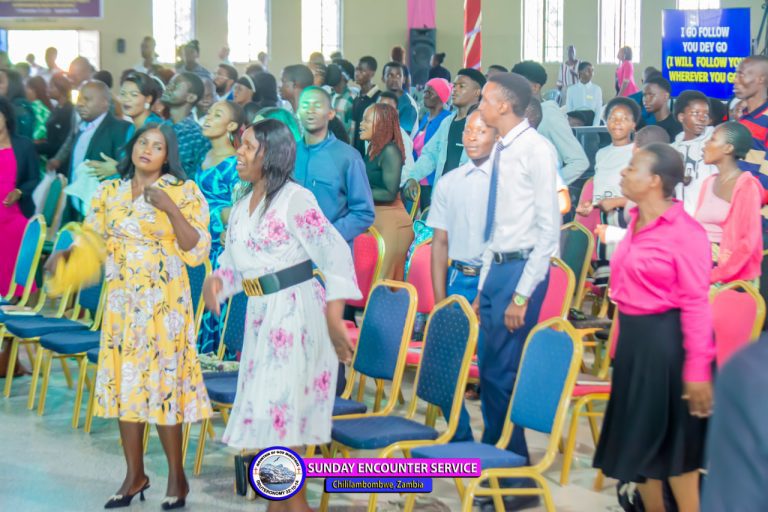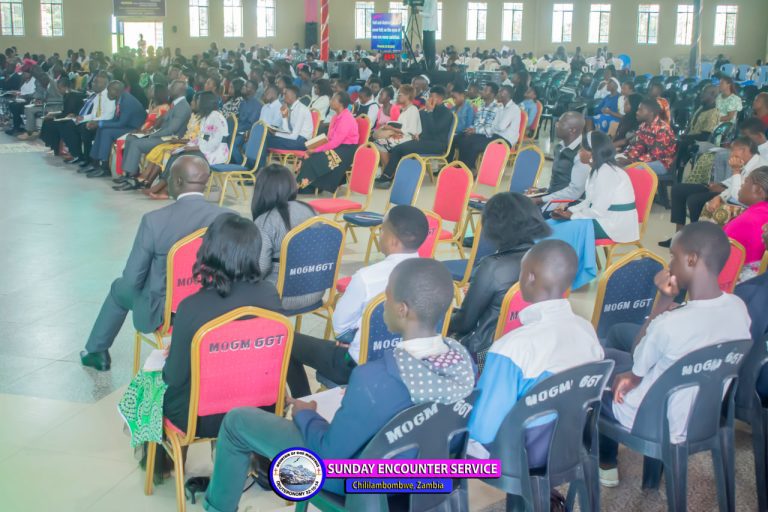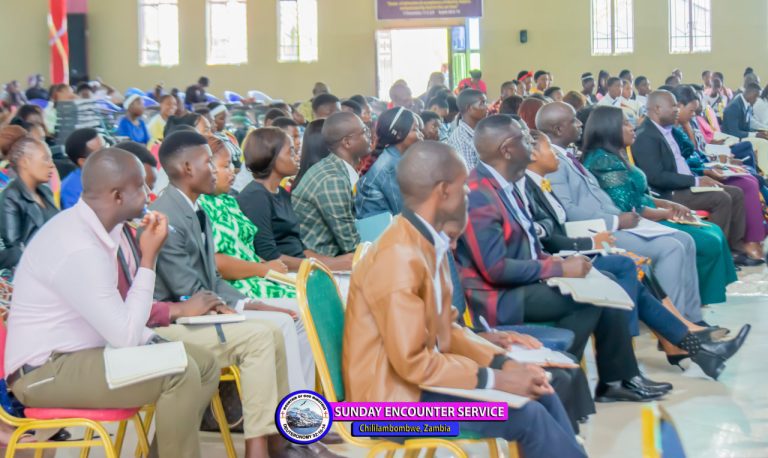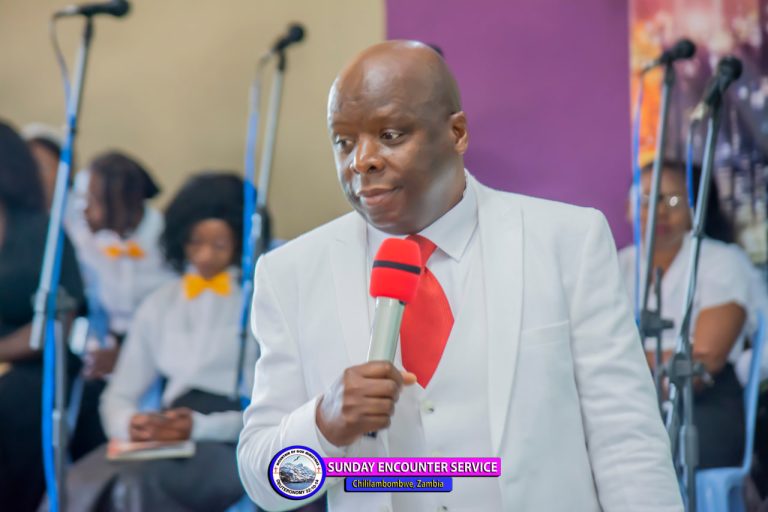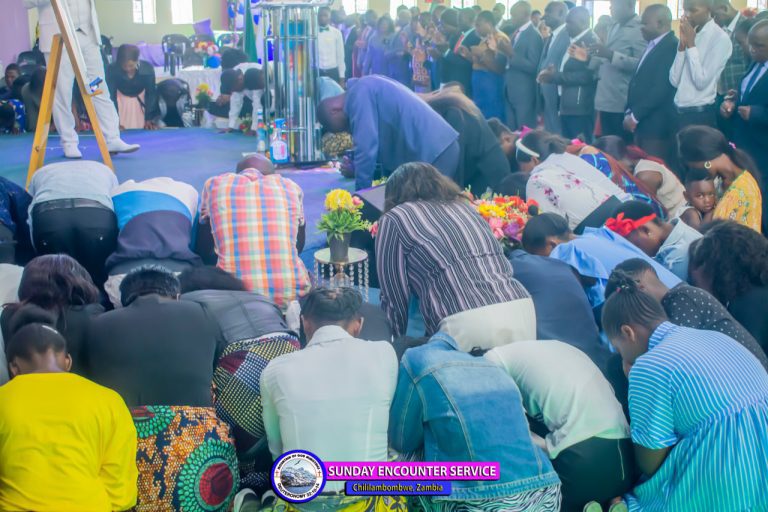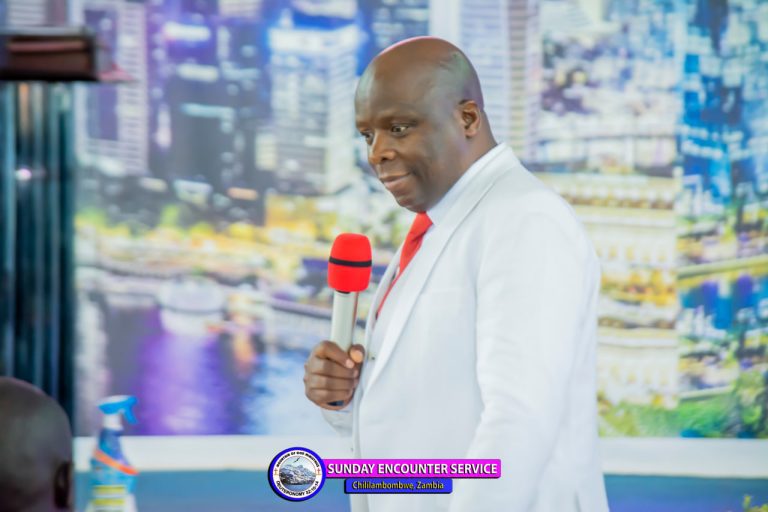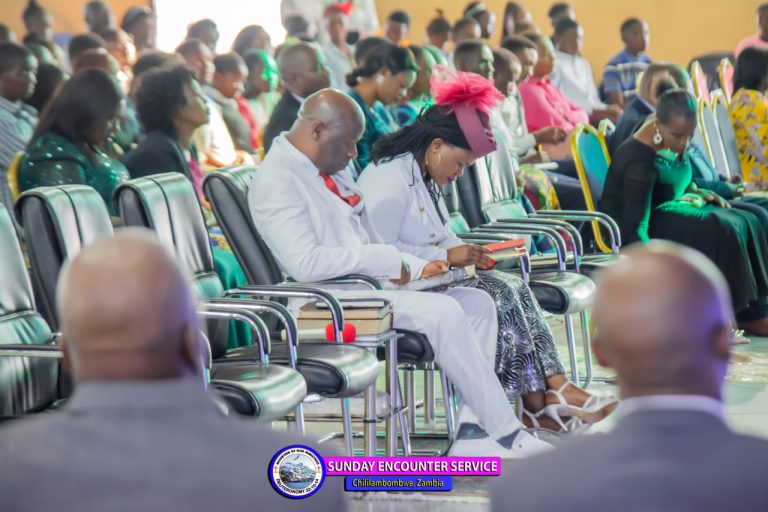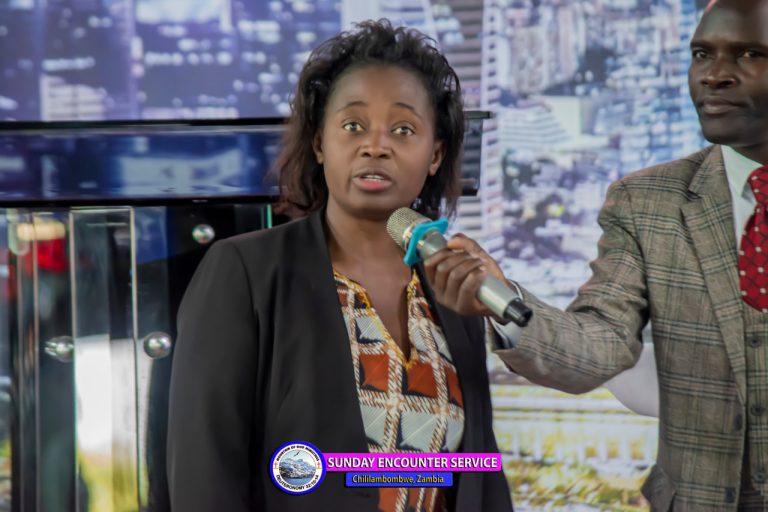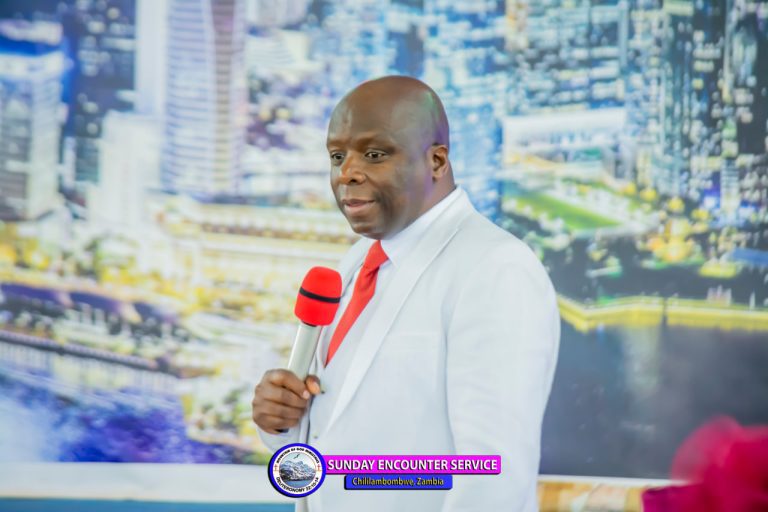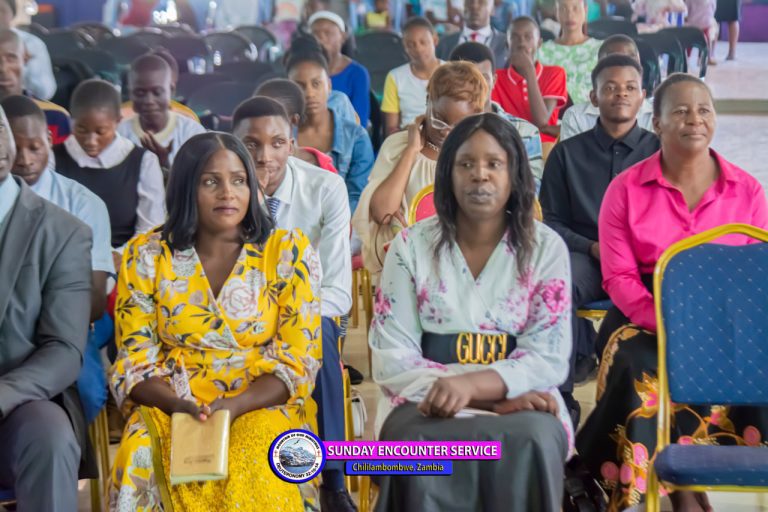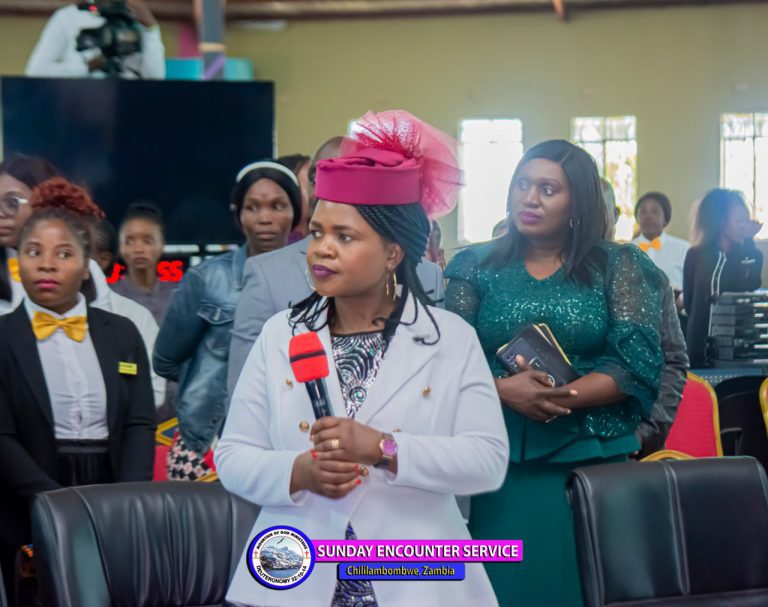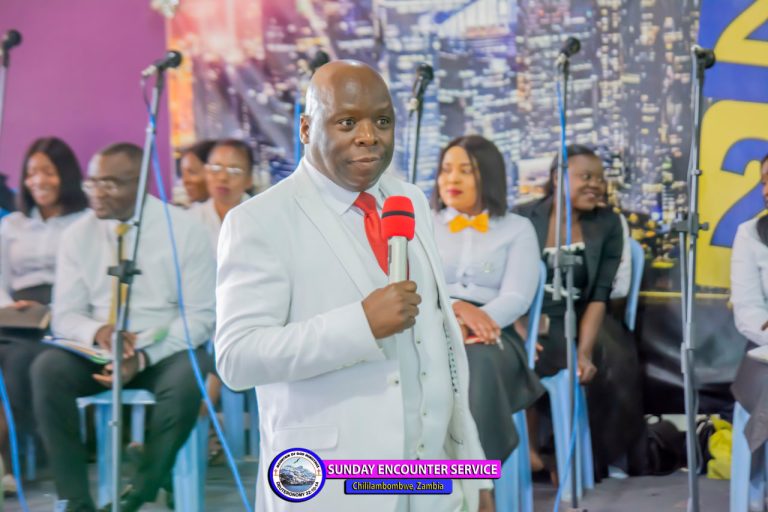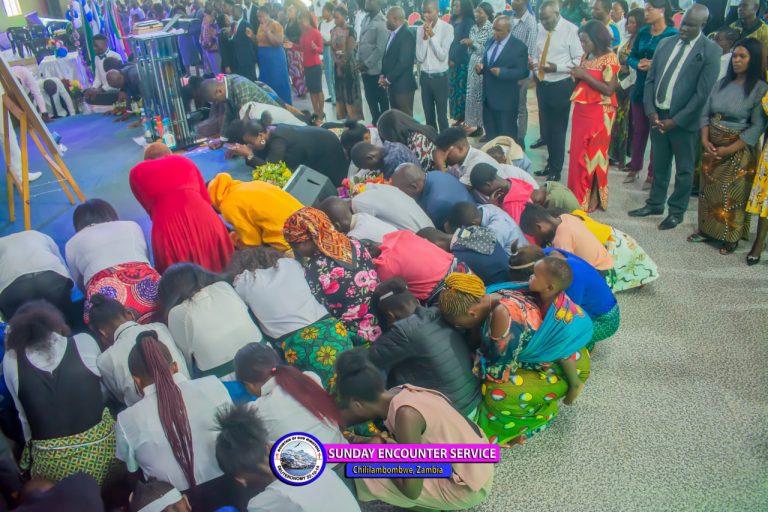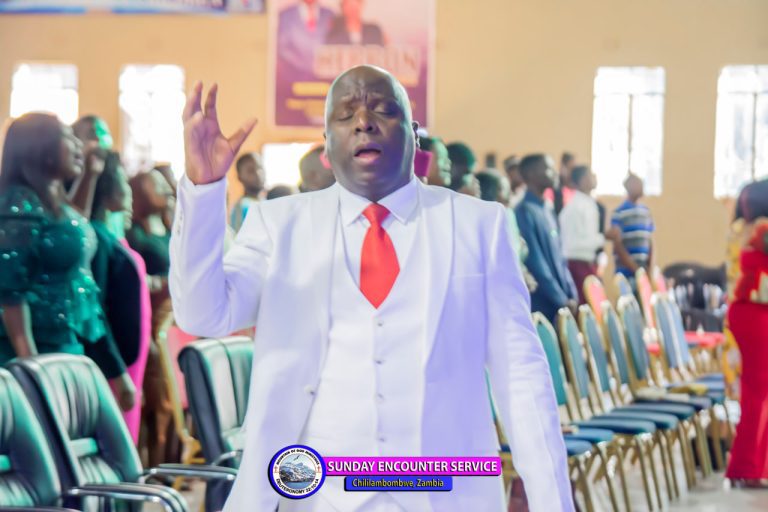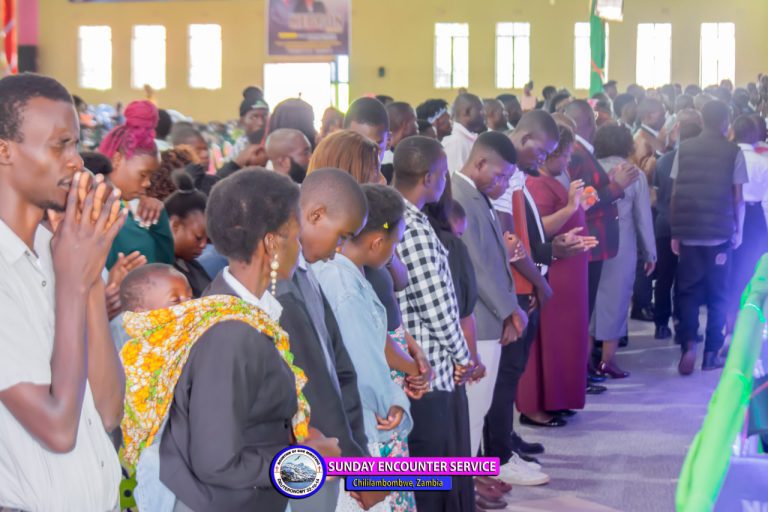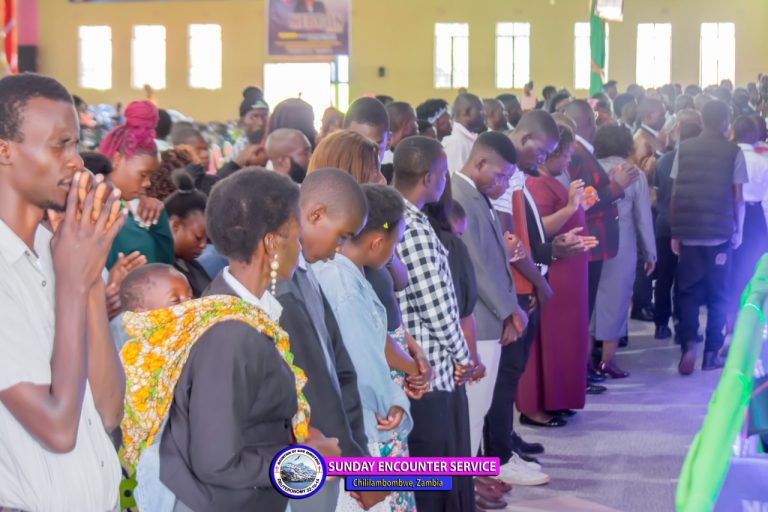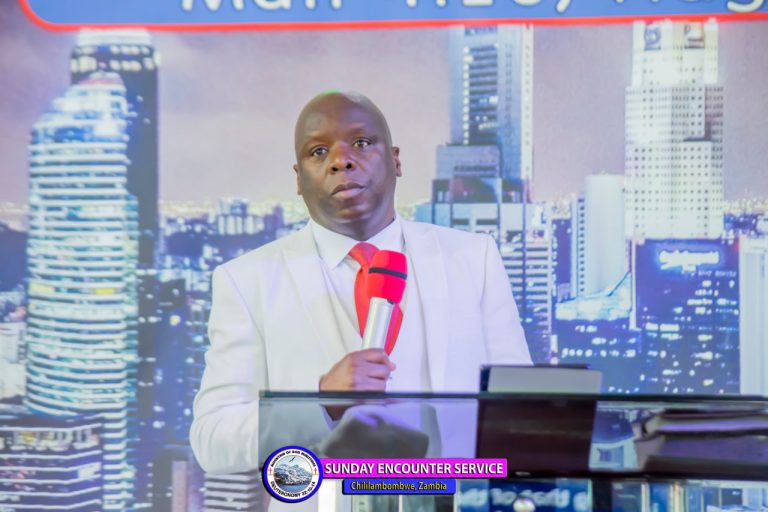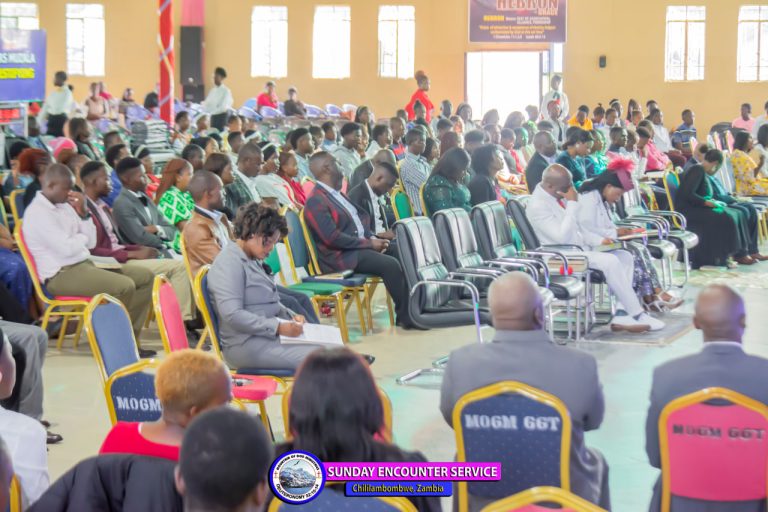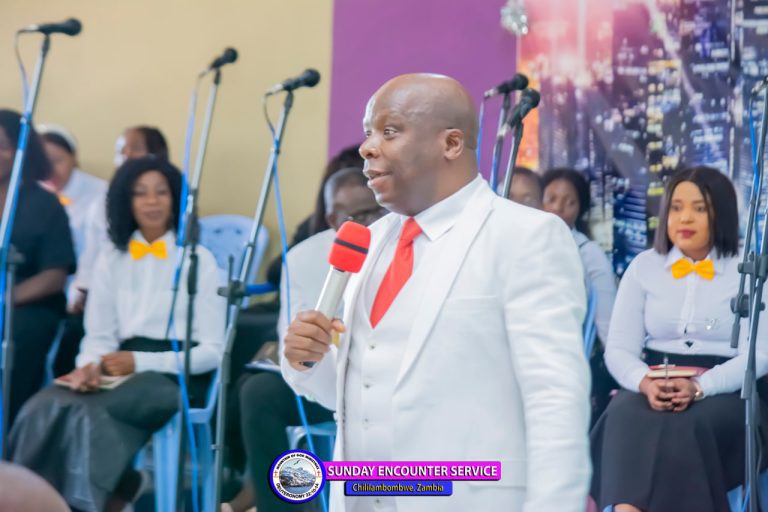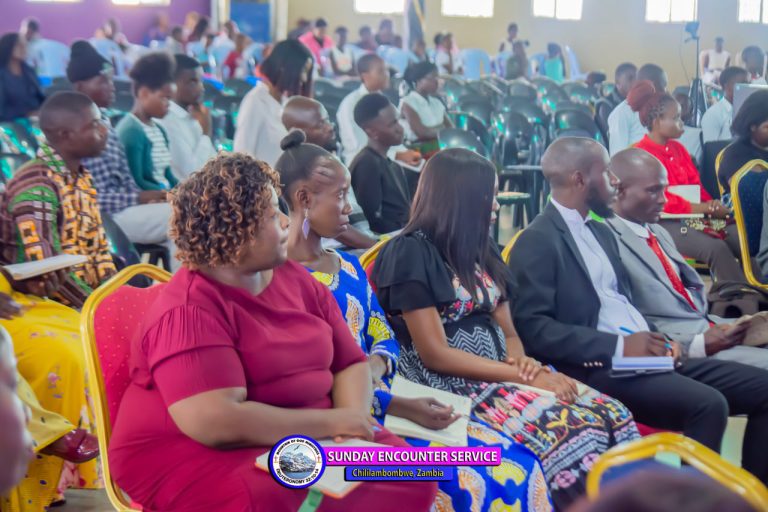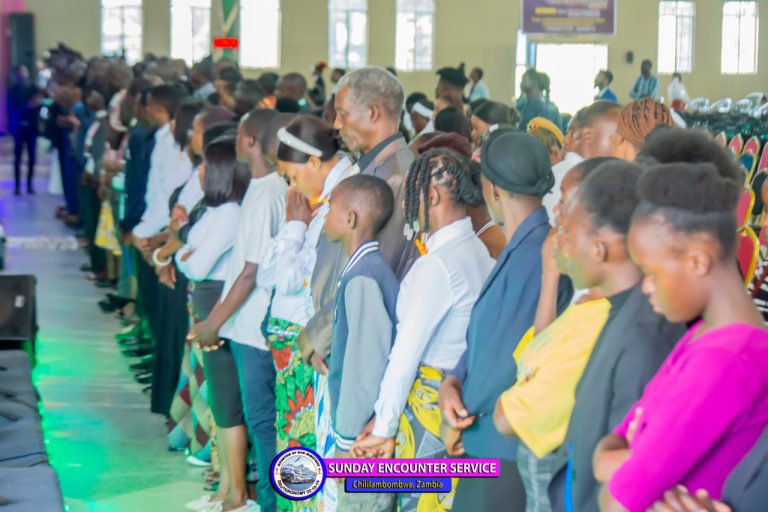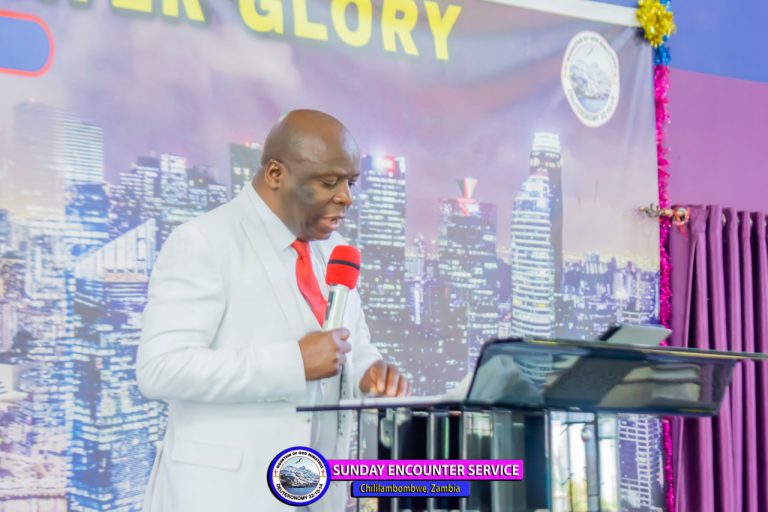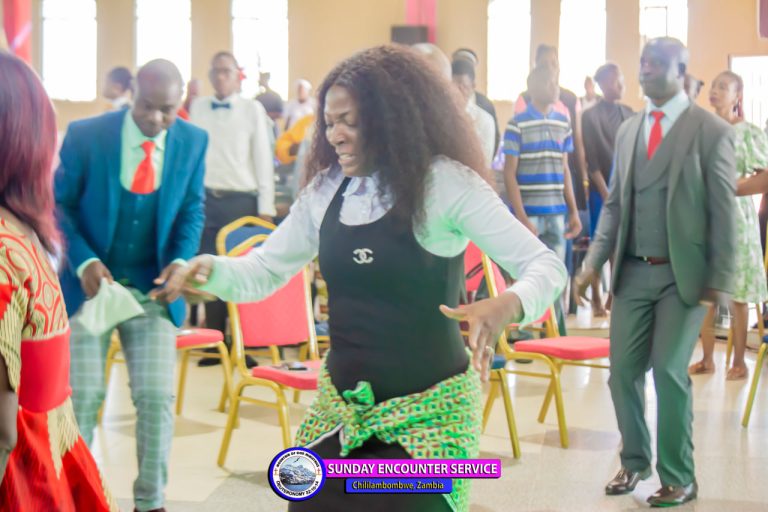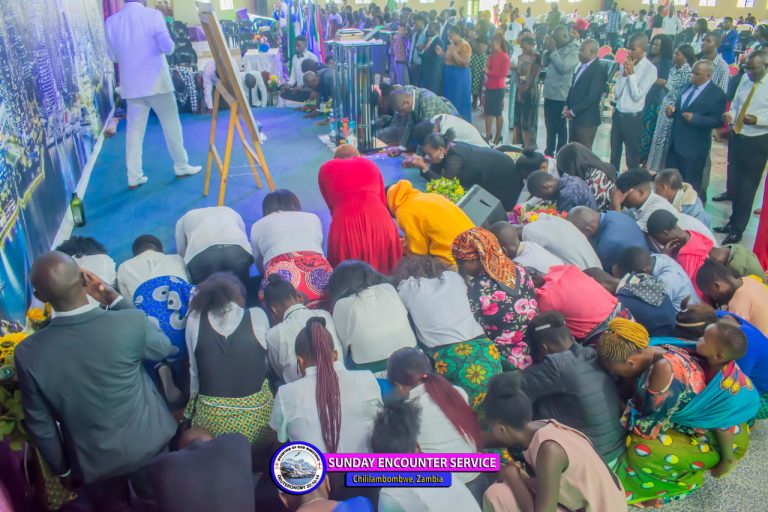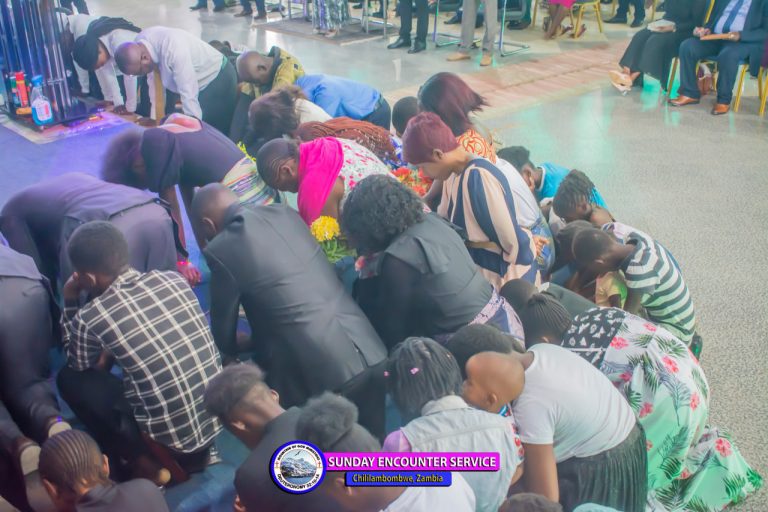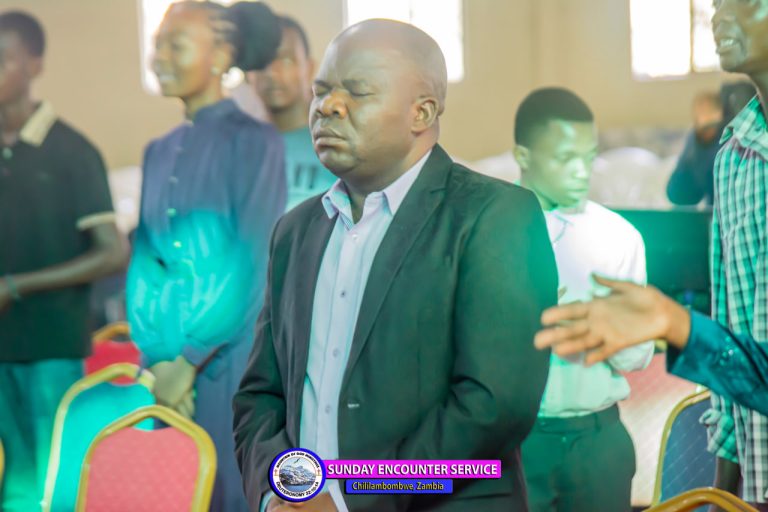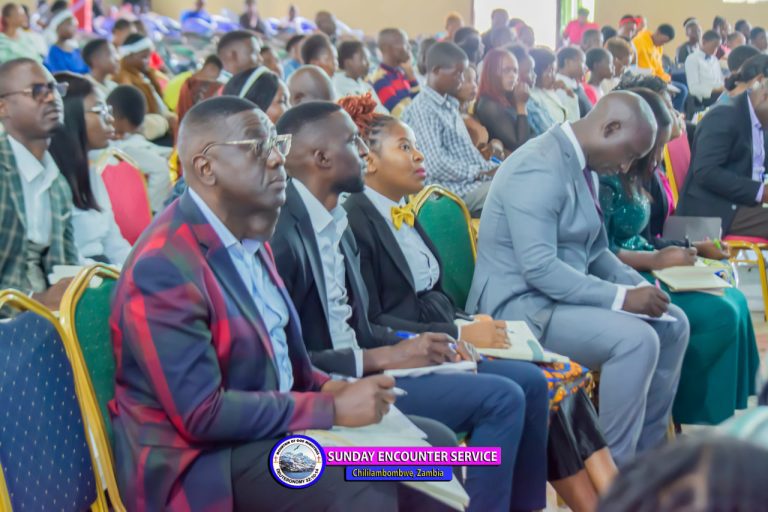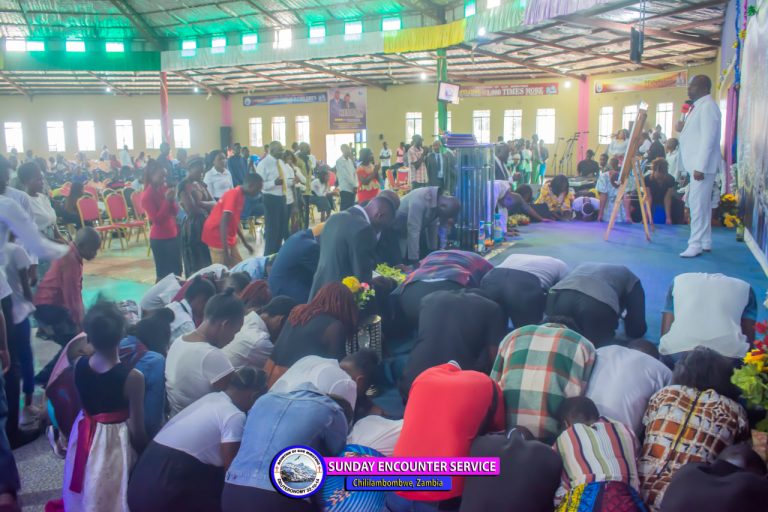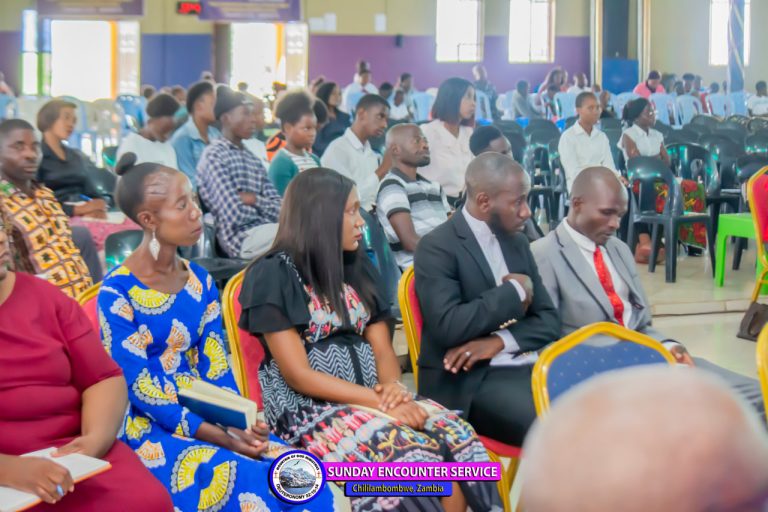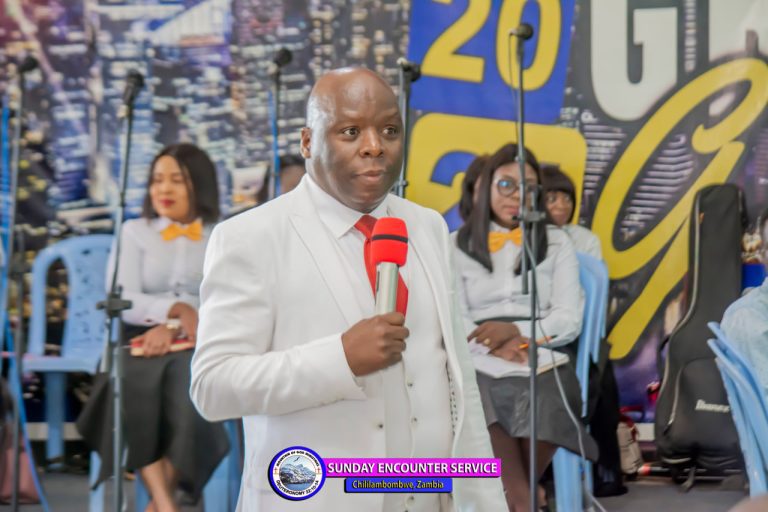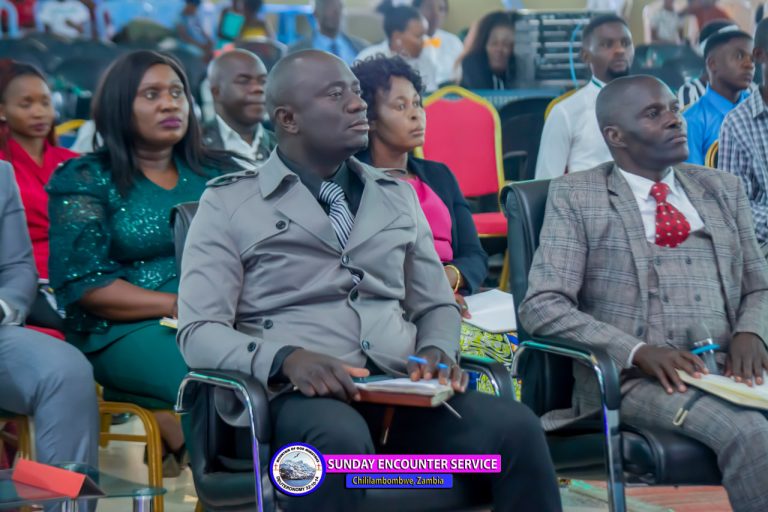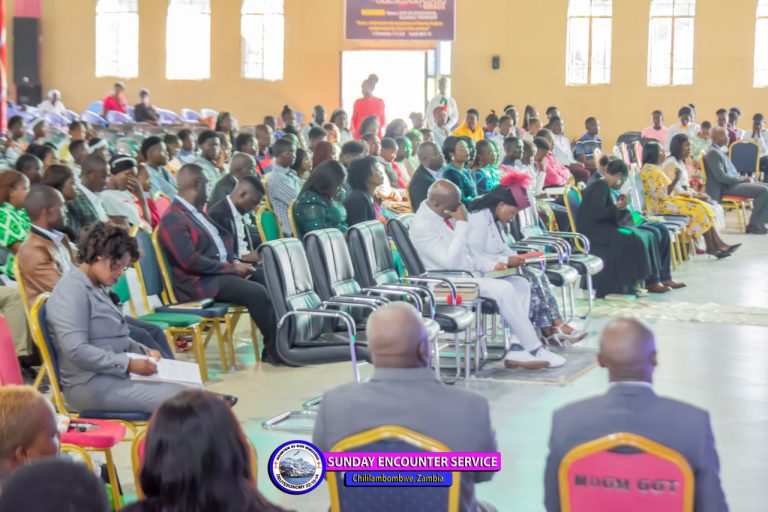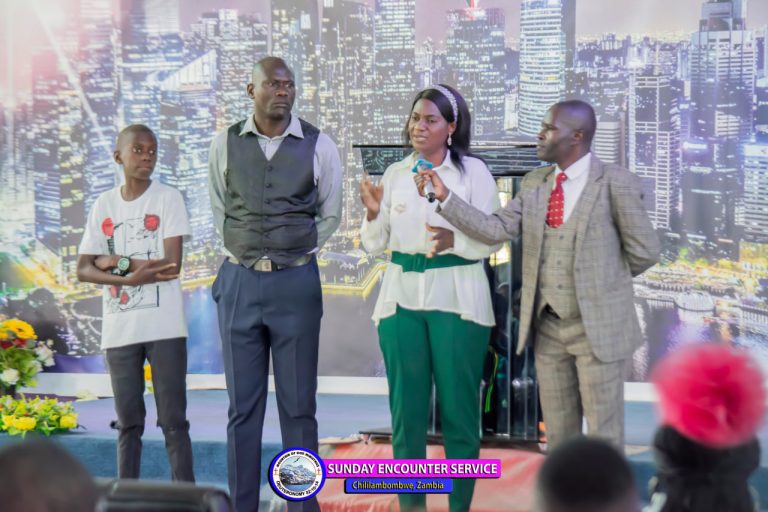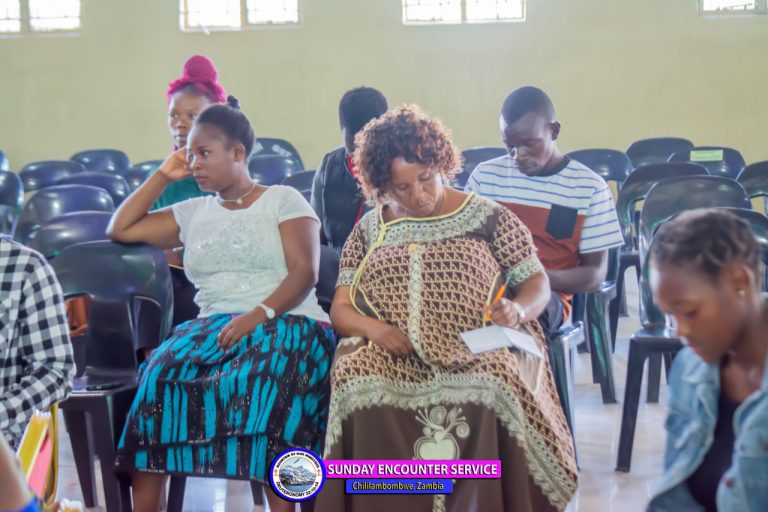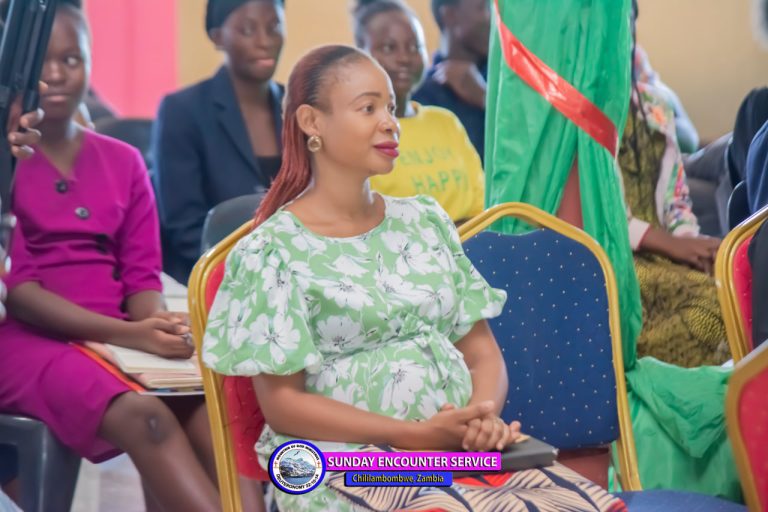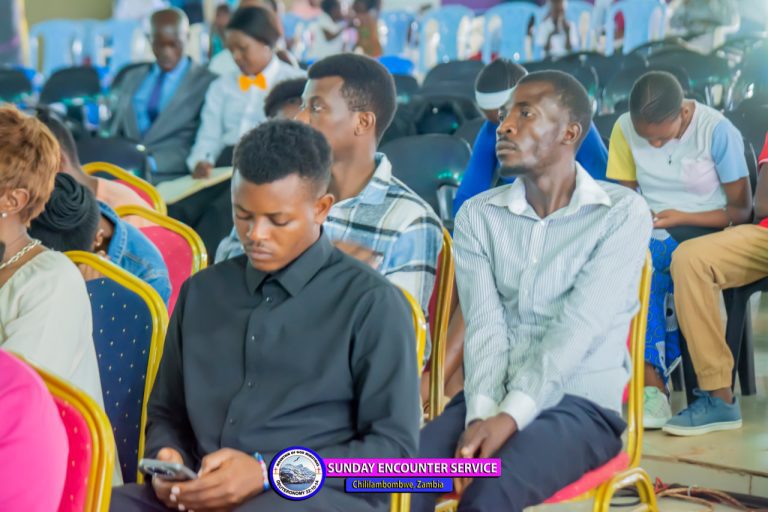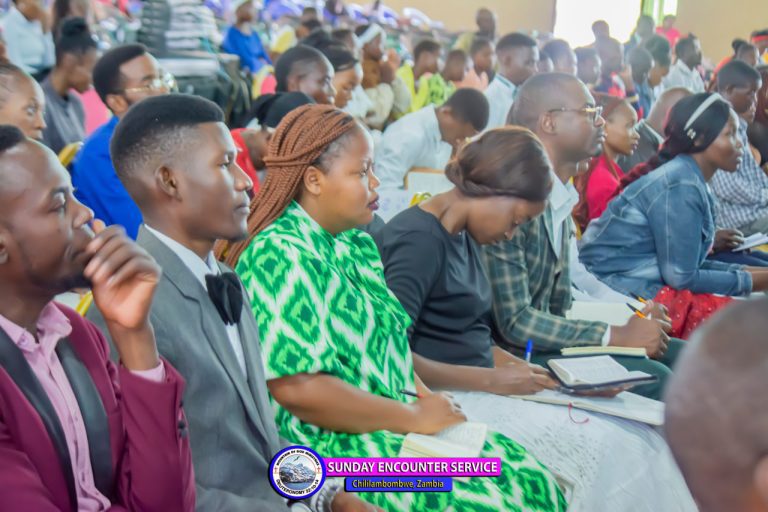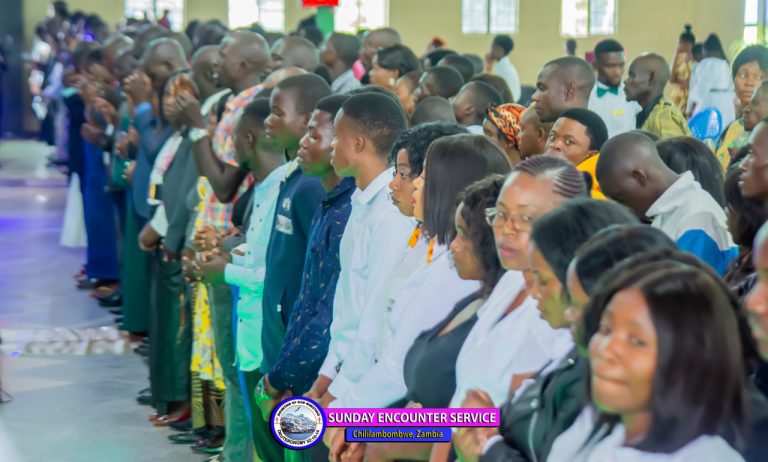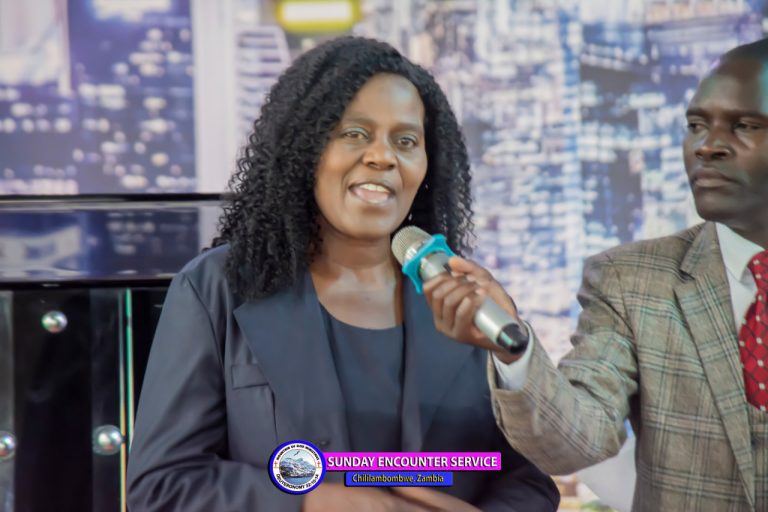Rev 4:1
• If you are going to partake in supernatural overflow it is important for you to position yourself.
• God doesn’t meet you where you are, you must go to where he wants you to be.
• You must reposition yourself in order for you to see what God wants you to see.
• There needs to be a repositioning in order for new things to happen.
FAMILY BIBLICAL FINANCIAL STEWARDSHIP
Eccl 7:12, 10:19, Gen 1:26, 28
• There is no blessing outside God.
• When God blessed man in Gen 1:28, He was speaking to man’s spirit which had no body yet.
• If God never intended for man to come on the earth, he would have remained in spirit state.
• The body was created so that man could operate on the earth.
• A man is blessed if he has money and wisdom.
• Money can answer health questions, security questions and even some spiritual questions.
Luke 16:9-10
• You can use your money for the advancement of God’s kingdom and you will have a reward for it (Mark 10:29-30).
• When you sow into an anointing, you gain access to that anointing.
• One person can take money to a witch doctor in order to terminate life while another can take money to God in order to preserve a life.
1 Tim 6:10
• Any evil you know is perpetuated by the love of money.
• God desires every family to prosper financially, have all their needs met and be able to help others. However, God desires us to have the right attitude towards finances in the home.
• Every family needs to understand that money belongs to God (Hag 2:8) and that we are only stewards (managers).
• God expects us to manage resources on His behalf.
• Faithfulness in stewardship is key.
1 Cor 4:2
• God has a problem with us when things have us instead of us having things.
Mat 25:14-30, Col 3:23-24
• God gives you finances according to your management ability.
• When people fail, they find excuses, usually blaming circumstances and other things instead of their own poor management ability.
• There is a reward for being a good steward.
• A believer is accountable to God, no believer is free to do whatever they want.
• Mature children of God are led by the spirit.
• Even investment should be done as led by the spirit because things look good in our eyes when they are not.
PRACTICAL AND BIBLICAL TIPS FOR MANAGING FINANCES IN THE FAMILY
1. SEEK GOD’S GUIDANCE (Prov 3:5-6)
• Being born-again does not make you financially literate.
• You can have a PhD and yet be financially illiterate, it is not the same thing.
• By surrendering our financial decisions to God, we invite Him to guide our paths.
• The devil will cause you to be obsessed with the desire to make money and you will make wrong decisions.
• Debt can be a weight that affects all areas including your spiritual life.
• Those people in prison are there because of decisions they made.
It is lack of wisdom to spend more than what you are capable of affording on your wedding.
Many people are deep in debt and look back on how they spent the money they borrowed with regret.
2. EMBRACE OPEN COMMUNICATION (Amos 3:3, Prov 15:22)
• Open communication will help you to move in the same direction.
• Consult your spouse about that idea you want to implement, they may have a different view point which can help you refine your idea.
• Finances are a major cause of divorces among couples.
• Transparent communication is key.
• Discuss your financial goals.
3. NOTE (UNDERSTAND) THAT BOTH OF YOU ARE ONLY STEWARDS OF GOD’S MONEY
What does this mean?
i) You have to spend the money according to God’s wishes and word.
ii) You are accountable to God for how you spend His money.
4. MANAGE YOUR FINANCES PROPERLY BY BUDGETING
(Prov 27:23-24, 21:5, Luke 14:28)
• Budgeting starts with thoughts.
• There can be no planning without thinking.
• Every tower builder is a tower thinker first.
• Don’t start budgeting when you have the money, do it before you have it.
• A budget is not a list of wishful spending.
• Your budget is limited by your income so that your spending is within your income.
AREAS IN WHICH YOU SHOULD BUDGET
a. GOD FIRST (Mat 6:29-33, Prov 3:9-10, Mal 3:9-10, Neh 13:9-10, Rom 15:27, Hag 1:5-11, Gal 6:6-9, 1 Cor 9:6-11, Deut 18:1-8, Num 18:1-8)
• God knows whether He is first in our thinking or just an afterthought.
i) Tithe
• The thought of budgeting must be first
• Tithe is not 10% but the first 10% of your income.
• Tithe is about honouring God.
• Understand what the purpose of tithe is.
• Tithe opens the heavens over you, provides “meat” for God’s house, rebukes the devourer.
• The purpose of tithe has not changed.
• Your healing and protection come from God’s house.
• God won’t allow you to benefit from His house when you have no honour for it (Hag 1:5-11).
• There is a connection between what happens in your family and God’s house where you are connected to.
• You can’t thrive spiritually with a closed heaven over your life.
• When the house of God is neglected, those supposed to serve there will flee.
• Tithe is an obligation, just like paying tax is.
ii) Priestly offering
b. Savings / investments (Prov 21:20)
• Spending whatever we get is foolishness.
• If we want overflow, we need to put systems in place.
• Don’t spend money just because it has come, subject the money to a budgetary system.
• Saving is a decision, it starts with one ngwee.
• Sometimes opportunities might come but you will have nothing to invest in that opportunity because you have a system in place where everything you get is spent.
• You must be disciplined and deliberate about this.
• God hates waste.
• For certain people, as soon as they stop working their suffering begins.
5. PRACTICE CONTENTMENT AND AVOID MATERIALISM (Prov 11:28, 21:17, Heb 13:5, Luke 12:15)
• Avoid unwise spending based on impulse or attractive marketing.
• If that thing is not on your budget, leave it alone.
• If you come under pressure every time you see a new outfit, there is a problem.
• Issues of money are spiritual and you must handle them from the spiritual point of view.
• If you are materialistic, you will never become rich.
• Don’t go to the shops and decide what you will buy from there. Decide what you want to buy from home and stick to your mission whilst in the shop.
• Be content with what you have per time.
• Your life is not defined by your possessions.
6. YOU MUST WORK (Gen 2:15, 2 Thess 3:10, 1 Tim 5:8, Prov 24:31-34, Eccl 9:10, Prov 12:11, 22:29)
• Refuse to be lazy, work hard without supervision.
• God blesses the work of our hands.
• There is no special career that makes rich.
• It is the blessing of God on what you are doing that makes you become rich.
• You must work to provide.
• A person who doesn’t provide for their family is no longer in the faith.
• Don’t limit yourself to only doing what you studied in school.
7. DISCIPLINE (1 Cor 6:12, Prov 27:20, 21:17, 20,25-26, 28:20)
• If you lack discipline, nothing works.
• An undisciplined person will go against what they have decided and do what is convenient.
• You need discipline and priority spending.
• Control selfish desires.
• Behind discipline is self-control and that comes from the Holy Spirit.
• That you saw something doesn’t mean you should go for it.
• Foolishness is seen in spending everything.
